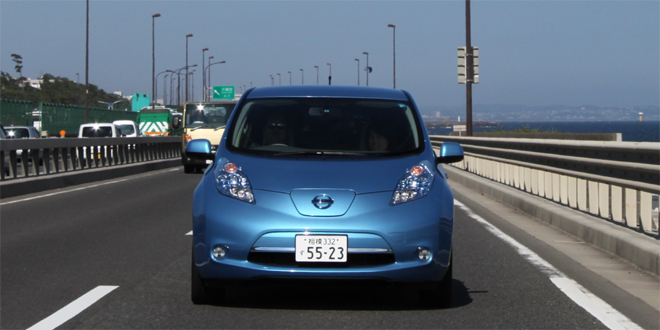Conventional EV wisdom is that it’s all about range. Most of the mainstream press seems to assume that EVs won’t be taken seriously until they have ranges comparable to legacy vehicles. Automakers are in “a race” to produce a 200-mile EV.
However, a new study suggests that, as long as battery costs remain above $100/kWh, it actually makes more sense to build EVs with ranges below 100 miles.
The study, Optimizing and Diversifying Electric Vehicle Driving Range for US Drivers, was written by Oak Ridge National Laboratory (ORNL) researcher Zhenhong Lin, and published in the journal Transportation Science.
Lin suggests that researchers should reconsider their efforts to increase vehicle range, and instead focus on continued reduction of battery costs to make EVs more price-competitive. Deployment of charging infrastructure should continue, in order to improve the usability of short-range BEVs and attract more potential buyers.
In the study, Lin proposed a framework for optimizing driving range by minimizing the sum of battery price, electricity cost, and range limitation cost. The analysis considered 36,664 sample drivers, taking account of such factors as battery cost; charging infrastructure availability; vehicle efficiency; electricity and gasoline prices; household vehicle ownership; daily driving patterns; and perceived vehicle lifetime.
“The quantitative results strongly suggest that ranges of less than 100 miles are likely to be more popular in the BEV market for a long period of time,” wrote Zhenhong Lin. “The average optimal range among US drivers is found to be largely inelastic. Still, battery cost reduction significantly drives BEV demand toward longer ranges, whereas improvement in the charging infrastructure is found to significantly drive BEV demand toward shorter ranges.”
Source: INFORMS via Green Car Congress


















































































